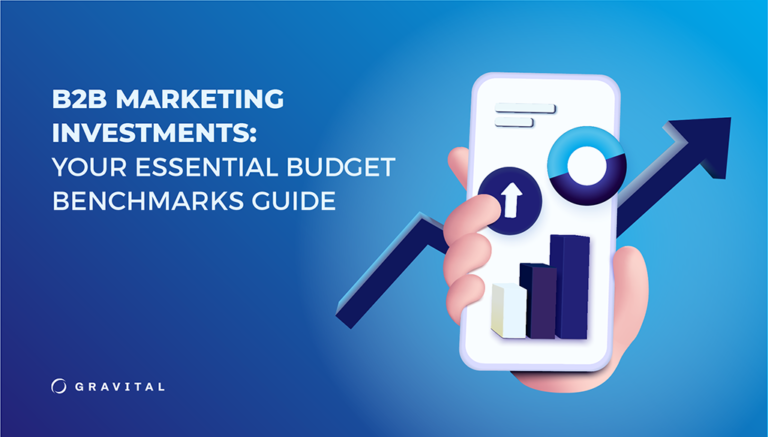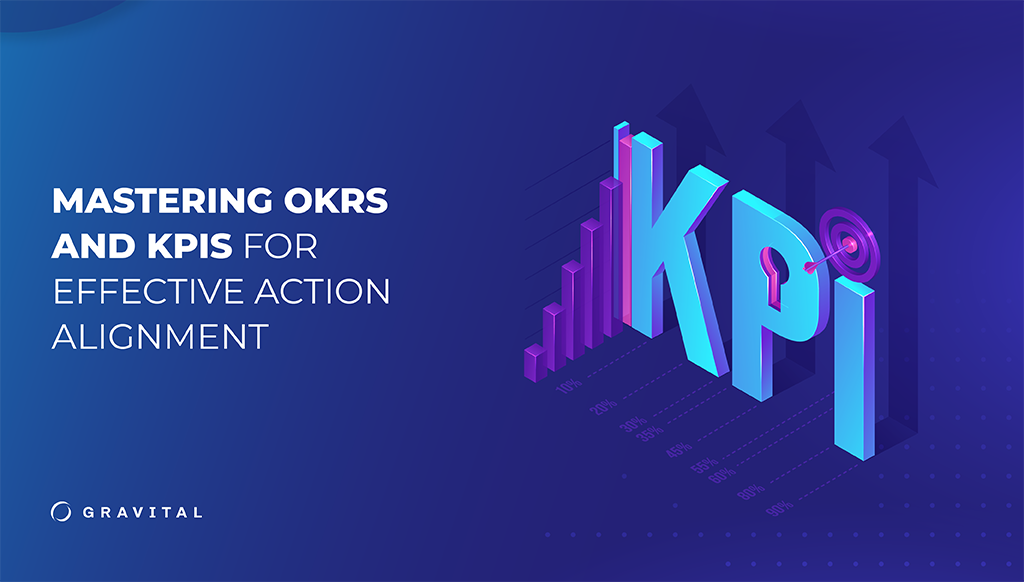One of the most critical decisions a B2B brand makes is how much to invest in its marketing efforts. This question is pivotal for every B2B company and marketer, as the answer directly impacts the success of their marketing strategies and their bottom line.
While there’s no magic number etched in stone, understanding industry benchmarks can be a valuable tool when planning marketing budgets and setting campaigns up for success. This blog post aims to shed light on various benchmarks for B2B marketing budgets, drawing from industry experts, studies and surveys.
READ ALSO: How to Allocate Your B2B Digital Marketing Budget
Benchmarks for B2B Marketing Budgets
Industry benchmarks offer brands and marketers a guideline when creating their budgets. Here are some important ones to consider:
1. Percentage of Revenue
It’s commonly recommended that B2B companies allocate somewhere between 6% to 12% of their revenue to marketing, depending on their stage of growth and competitive landscape. For companies that are rapidly growing, the percentage goes up to 12-15%.
According to Gartner’s 2023 CMO Spend and Strategy Survey, marketing budgets averaged 9.1% of total company revenue in 2023, dipping slightly from 9.5% in 2022. The Fall 2023 Edition of The CMO Survey by Duke University and Deloitte found that marketing budget as a percent of company revenue was 9.2% in Fall 2023.
2. Marketing Budgets by Industry
The amount of revenue that businesses allocate to their marketing efforts has grown over the last few years, with the average at 9.1% of overall company revenue in 2023 compared to 6.4% in 2021.
The general guideline is that B2B companies should spend 2% to 5% of their revenue on marketing, about half of the 5% to 10% that B2C companies spend.


Marketing Expenses as a Percentage of Overall Budgets by Industry
Decisions related to marketing budget allocation typically are industry specific. According to Statista’s 2023 CMO survey, here’s the average percentage of revenue industries are spending on marketing.
| INDUSTRY | MARKETING BUDGET (% OF COMPANY REVENUE) |
| Banking/finance/insurance | 9.49% |
| Communications/media | 14.27% |
| Consumer packaged goods | 25.19% |
| Consumer services | 11.74% |
| Education | 11.50% |
| Energy | 3.83% |
| Healthcare | 6.80% |
| Manufacturing | 3.75% |
| Mining/construction | 6.50% |
| Pharma/biotech | 12.83% |
| Professional services | 7.08% |
| Real estate | 10.61% |
| Retail wholesale | 14.52% |
| Service consulting | 21.0% |
| Tech software/platform | 11.8% |
| Transportation | 1.52% |
3. Digital Marketing Allocation
In today’s digital age, it is often recommended that as much as 50% of the total marketing budget be allocated to digital marketing channels, particularly content marketing.
4. Marketing Goals
B2B companies focused on lead generation or rapid growth should invest more on marketing than those prioritizing brand awareness or customer retention.
5. Startup vs. Established Companies
Startups are usually advised to invest a higher percentage–20% to 30%–of their revenue on marketing because they have a longer way to go to establish their brands and penetrate their markets. For established businesses, a more conservative approach of 5% to 10% is typical, as they focus on maintaining their market position.
6. Adaptation to Market Changes
During and after the pandemic, many companies increased their marketing budget to capitalize on digital platforms, as face-to-face interactions decreased. This and other adaptive changes still continue years later.
7. Sales and Marketing Alignment
Companies are advised to align their marketing budget with their sales goals, ensuring a cohesive approach to revenue generation.


Beyond Benchmarks: A Tailored Approach
While benchmarks offer valuable guidance, blindly adhering to them can be a recipe for mediocrity. The key to maximizing your B2B marketing budget lies in tailoring your strategy to your unique landscape. Ideally, your budget allocation is based on a unique blend of industry trends, company goals and data-driven insights.
To tailor your marketing investment, you need to conduct a comprehensive internal audit that includes the following elements:
- Marketing maturity: Are you a fledgling startup or a seasoned industry player?
- Growth stage: Are you in acquisition mode or focused on customer retention?
- Unique goals: Is your B2B marketing budget aligned with your particular marketing strategy?
- Competition: Who are your rivals? What are their marketing strategies? How intense is the competition?
- Channel effectiveness: Which channels resonate best with your target audience?
- Data-driven decisions: Are you monitoring campaign performance and ROI?
- Flexibility: Are you adapting your budget allocation based on performance, changing trends and opportunities?
Arriving at the right marketing budget is a balancing act that requires an understanding of both industry standards and your company’s specific goals and market position. By using these benchmarks as a starting point, B2B companies can strategically allocate resources to maximize their marketing impact.
Are you looking to optimize your B2B marketing strategy and budget? Talk to us.


